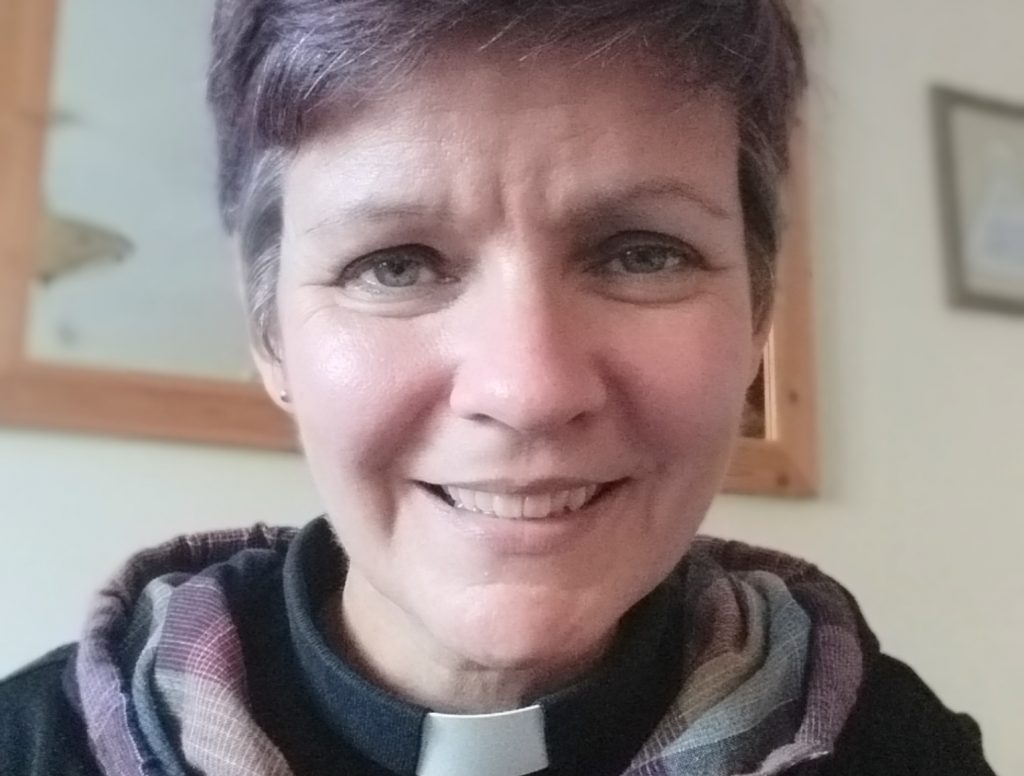Anvil journal of theology and mission
Editorial: Mission and disability | ANVIL volume 38 issue 1
by Kt Tupling
In beginning to think about mission and disability, I was keen to avoid the danger of focusing on the church’s mission being to offer something to disabled people by way of good news, healing and cure. Rather, I wanted to turn this around and reflect on disabled people themselves having a mission to others (including the church!) and offering good news about Jesus from their disabled experiences.
The “Great Commission” in Matthew 28 tells us to “Go, and make disciples of all peoples…”1 For generations this has been modelled as “the able-bodied, physically well church will go to the margins and seek out ‘the lost’, telling them the good news and bringing them back into the church”. For some time I have questioned whether the margins need to go to the centre, and tell them the Good News! I have long admired the woman Jesus meets (on the margins of her village, and societal relationships) in John 4, who engages in theological debate over water, thirst and belonging, then goes to her own village and invites them back to the margins where Jesus (the centre) is waiting, with the words, “Come and meet a man who knows me…”2
This interdependence of discipleship and mission, the interchangeable nature of the centre and the margins, and the challenge of where Jesus is to be found has been the subject of many fabulous conversations I’ve had with people within the disabled community – both within and without the mainstream church models. These conversations have formed the foundations for this edition of ANVIL.
I am hugely grateful to my colleagues who have written for this edition of ANVIL.
Naomi Lawson Jacobs has done extensive research with disabled people around social justice and experiences of church. Naomi offers us a resistant reading of the encounter Jesus has with the man with leprosy (in Mark 1), and reflects on mission done to disabled people, rather than with or by.
Rachel Noël is an Anglican priest writing about “sanity” and mission from a place of “instability”, from her own experience of psychosis.
Mark Arnold considers how mission is often done to families of children/young people with additional needs and invites us to consider mission with as a collaborative act.
The Japanese art of kintsugi, and the intentional value of “cracks” in our mental health, is the subject of Bill Braviner’s article.
Disabled people – adults and children – are often described within a “tragedy narrative”. Kay Morgan-Gurr explores this and her own experiences of loss and gain, and the impact it has on the church’s mission among disabled people.
Attitudes, access and agency are often missing when the church talks about mission and the disabled community – Tim Rourke writes about this in the context of research done in the Derby diocese.
Emma Major reflects on the interplay between mission, disability and creativity, from within her lived experience as an artist and church leader living with a variety of medical conditions and sight loss.
Each of these writers has lived experience of disability, and faith in Jesus that is rooted within those experiences and not “despite” disabilities. I am humbled that they are my friends.

About the author
Kt Tupling was an Anglican parish priest for 16 years before becoming diocesan disability advisor and lead chaplain amongst deaf people for the Diocese of Oxford in March 2019. That changed in September 2020 to part-time disability adviser. Diagnosed with cerebral palsy at the age of two and a half, Katie is now the proud owner of purple crutches, a purple wheelchair, and a red scooter (it didn’t come in purple!). Katie is co-founder of Disability and Jesus, a user-led task group wrestling with theology, discipleship and church practice through the lived experience of disability. She co-authored the book Pilgrims in the Dark – the story of how Disability and Jesus came into being [available on the Disability and Jesus website], and a Grove booklet Worship and Disability, a Kingdom for All (both 2018). Katie’s social media presence includes working with UCB1 Radio and BBC local radio, occasional live feeds on Twitter (@KtTup) and Facebook, a weekly “recorded as live” Sunday service with Disability and Jesus, and a YouTube channel.
More from this issue
Notes
1 Matt. 28:19 (GNT)
2 John 4:29 (MSG)